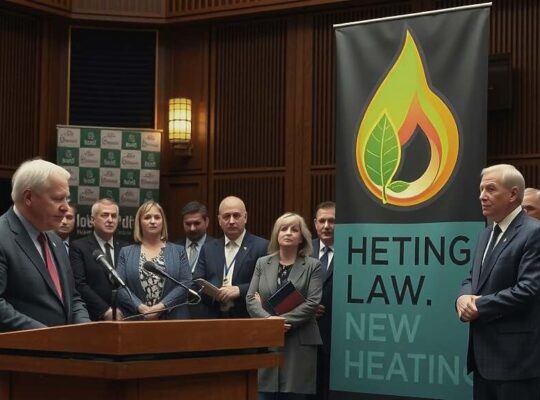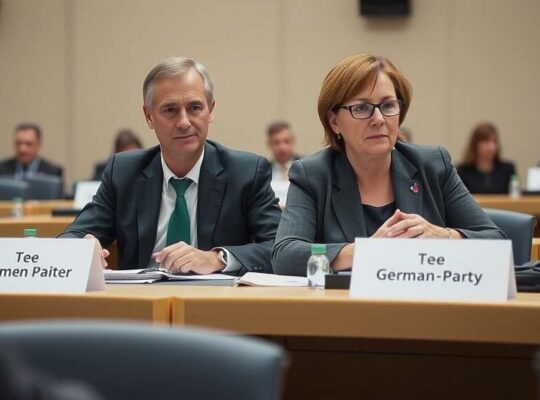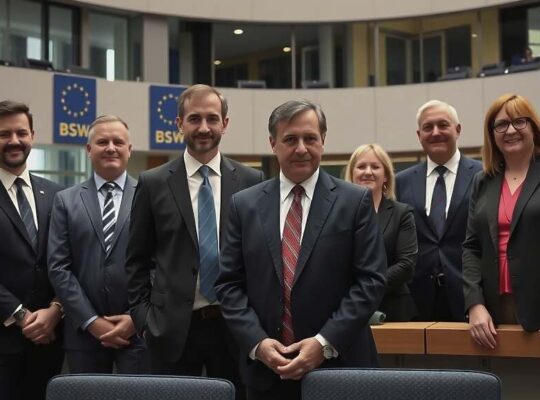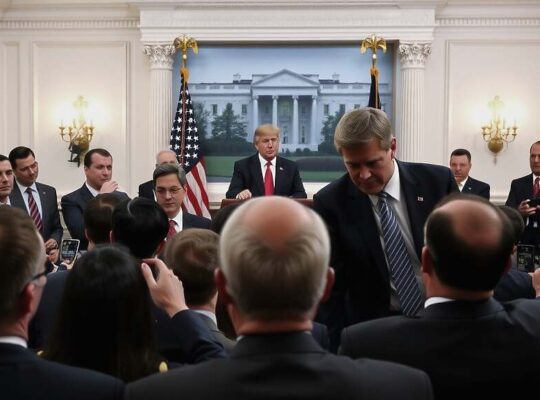The European Parliament decisively rejected a proposal to significantly dilute the EU’s proposed due diligence regulation for supply chains on Wednesday, setting the stage for a potentially protracted political battle. The initial draft, endorsed by the Parliament’s Legal Affairs Committee, faced a resounding defeat as 318 MEPs voted against weakening the legislation, with 309 supporting the original mandate and 34 abstaining.
The proposed amendment, championed by representatives of EU member states, would have dramatically narrowed the scope of the regulation. The original legislation aimed to hold companies accountable for human rights abuses and environmental degradation throughout their supply chains. The watered-down version would have restricted application to businesses with over 5,000 employees and an annual turnover exceeding €1.5 billion, effectively reducing the number of affected companies by an estimated 70 percent. Critically, it would also have removed the obligation for companies to scrutinize their entire supply chains for compliance with fundamental labor rights and environmental standards.
The move, seen by many as a significant concession to corporate lobbying, exposes a widening rift within the EU institutions over the balance between economic competitiveness and social responsibility. Critics argue that the member states’ proposal represents a dangerous backtracking on the EU’s commitment to tackling systemic exploitation and environmental damage in global supply chains. This dilution risks undermining the regulation’s intended impact and allowing exploitative practices to continue unchecked.
The rejection of the amendment is not a definitive victory. MEPs are scheduled to vote on further amendments on November 13th and subsequent negotiations with member states remain crucial to the regulation’s final shape. The outcome of these negotiations will likely be closely watched by human rights organizations, labor unions and environmental activists, who warn that a significantly weakened regulation could severely damage the EU’s global reputation and undermine its stated values. The ensuing debate highlights the ongoing struggle to ensure corporate accountability and embed ethical considerations at the heart of European policymaking.












